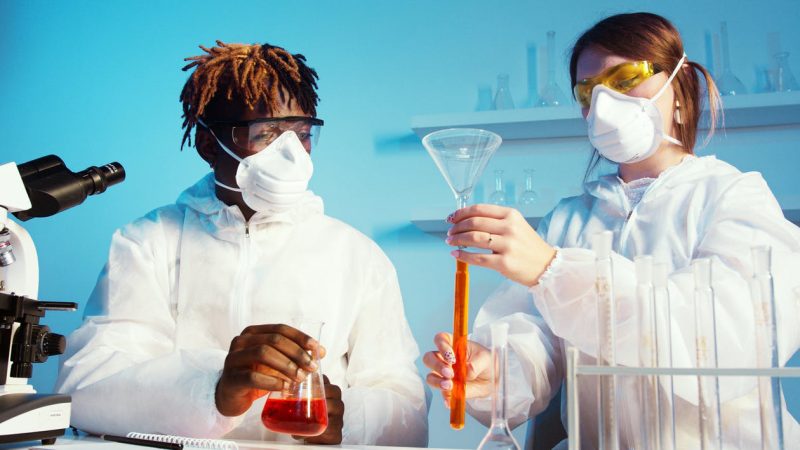That special day I have got an email about open positions in Barcelona within H2020-MSCA-RISE acib project NEOSETAC. MSCA-RISE … I have seen this abbreviation many times before, written on diverse scientific publications, but I have never asked myself about the meaning. So finally, I have asked Google and I found the almost 70 pages counting ‘’Guide for Applicants’’ for Marie Skłodowska-Curie Actions – Research and Innovation Staff Exchange program (MSCA-RISE). Quite complicated for someone who had nothing to do with this kind of literature before. Attracted by the breast cancer research topic of NEOSETAC, I decided to apply for that position, and this was the beginning of a big adventure: I spent 5 secondment months in Spain last year.
The idea of MSCA-RISE
MSCA-RISE is a funding for the exchange of personnel that happens between different countries and between educational institutions and companies. The objective is to gain a lot of working experience at different locations and improve the networking between the project partners. As a staff scientist of a non-profit research center I was supposed to perform secondments at a company, which was a project partner located in Spain.
It was an opportunity to experience the work in different cultural and – at the same time – different organizational environment. For instance, as a staff scientist in a research center I was used to search for an explanation for any not-working experiment. While working at the company, the focus changed: I have learned to find a method that ensures experimental results on the end of the day instead of first analyzing the reasons for unsuccessful experiments.
From culture clash to mind changes
Short work-related stays of 1 to 12 months in foreign countries always come along with the phenomena known as culture shock. This process of cultural adjustment runs automatically starting with the first day spent in a new environment. No book and no training at home can substitute this experience. But intercultural learning sensitizes you to cultural differences. It helps you to understand the different ways of talking, thinking and acting of your international colleagues. For instance, a couple of times during my stay in Spain I was wondering why my colleagues offered help in situations when I didn’t ask for help and I even didn’t need any help at all. I was not happy about that. I was asking myself if they think that I am not able to do my job properly. Later I have realized that they do it also between each other. I assumed that this is their usual way of communication at work and I was not irritated anymore.
Some days later, during a lunch discussion about intercultural experience, one colleague told me about her working experience in the USA. She said that her way of offering help at work made her a lot of troubles there, because it was recognized as a strange way of professional competition. I didn’t tell her, that first, I was irritated as well. But for me it was a confirmation for my earlier assumption and made me feel more comfortable at my new working place.
Souvenirs and take-home messages
The most obvious benefit of spending working time abroad is the international networking. I strongly recommend you to use the opportunity and visit other companies of interest, take part on some workshop, scientific debates or congresses in the country you stay. Some of the people you meet there may become your new colleagues, and some of them even your new friends.
MSCA-RISE enables not only scientific personnel exchange, but also administrative personnel is very welcome to take part in secondments. Intercultural experiences can improve the international communication between the project partners. It can also contribute to solving intercultural based problems and misunderstandings inside the project consortium. When coming back from a MSCA-RISE secondment, you bring something to your home institution which I have called “take-home-package”. It includes: new expertise, experience in intercultural team building, problem solving and time management, and new international contacts. A lot of skills, I would not like to miss!
This project is co-funded by the European Union’s Horizon 2020 Research and Innovation Programme under Reference N. H2020-MSCA-RISE-2017 GA778325, NEOSETAC
Picture credits: Pexels
